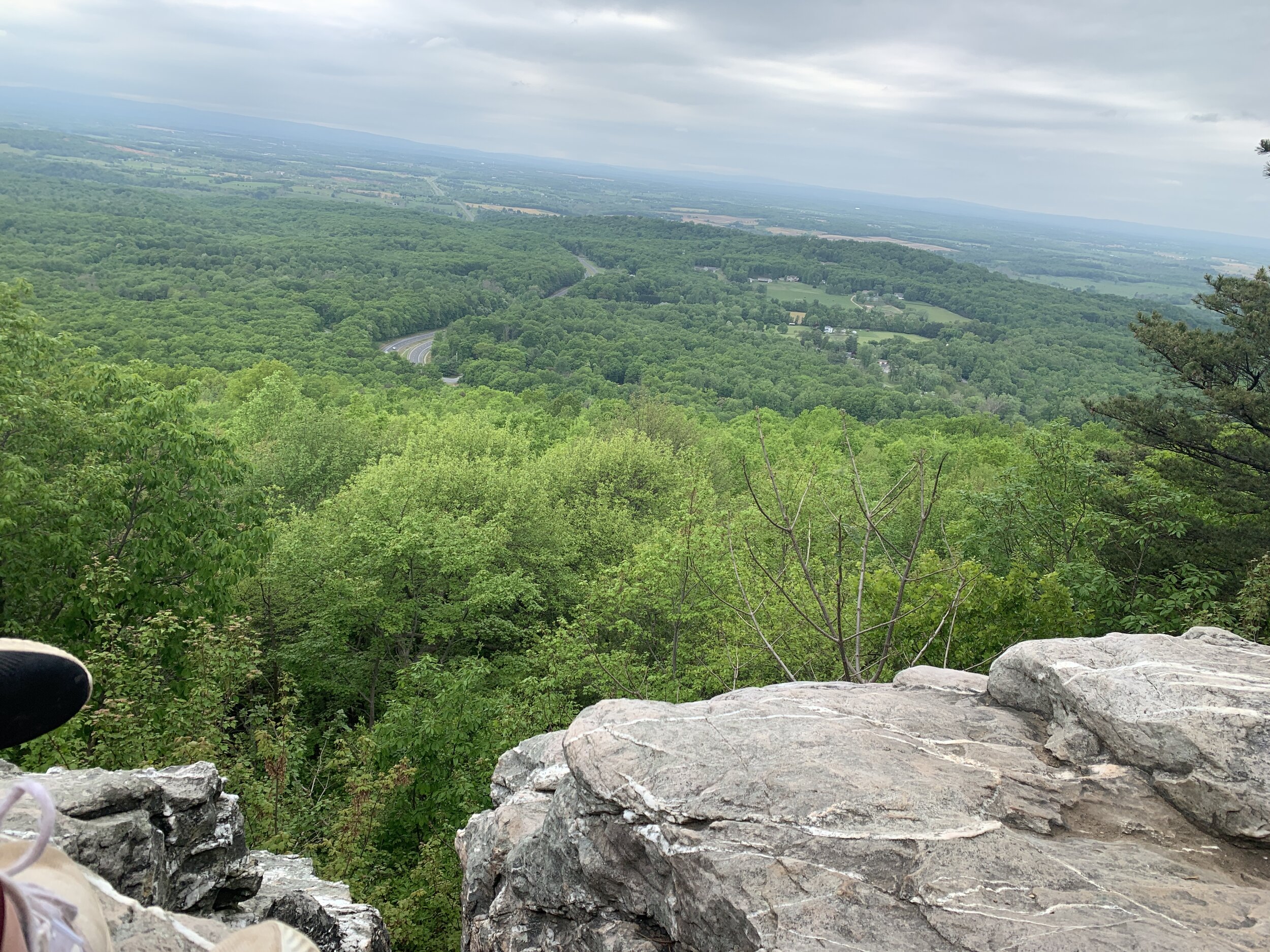Lent: Let’s try this again
/It’s been a year now since we began the Lent that seemed to never end. All the forces of the world out there seemed to work against a holy and meaningful Lent. And then, Easter came and we were locked out of the churches, kept separate from one another. What is so interesting to me is how that unusual Lent propelled so many people deeper into the practices that pull us away from what we want in Lent. What a party the devil had in the depths of our despair.
With Lent we want to grow in humility, to grow to be more Christlike. Lent is an invitation to love more like Jesus loves. When it works well, Lent moves us into a more authentic life with one another. Last year pulled us apart. When it works well, Lent makes us more humble, more oriented toward serving. Last Lent encouraged much navel-gazing as we sat in our own safe spaces, isolated from one another, clicking away and spiraling into the clutches of acedia.
Let’s try again. Let’s offer ourselves to one another this time. It’s been a year of living within the constraints of safety. We know how to be creative now. Let’s find a way to step outside the comfort zone. Lent grows us when we are teachable. Communion with one another profits our souls when we begin to understand that we are called to relate to one another on the other’s terms. We cannot judge everything from our own perspective, cannot expect that we are gods in our own kingdoms. Lent asks us into genuine communion with both God and neighbor.
So we choose our offerings — looking not to a refresh of new year’s resolutions, but listening intently to what God calls us to do. We give up our ideas of control and surrender instead. "What to give up for Lent" is undertaken in such a way to correct disordered consumption. Any and all disordered consumption — whether food or Netflix or clutter — is selfish and without regard to others, oblivious to the fact that what is being consumed was a gift of God first. Adam and Eve sinned by eating apart from God. They forgot that the blessing of food flows from him. They thought food would make them gods of their own lives. They thought it would give them the keys to unlock all knowledge and put them firmly in control. They made food into an idol that would elevate their own selfish interests.
Lent is our season to set the idols aside, whatever they may be. It’s our opportunity to recognize the ways that God has given us good gifts and to ask ourselves how to use those gifts for his glory. And then to do it. When we recognize in all humility that what we have is a gift, then we can offer in all humility those gifts to another. And Lent becomes about love.
We die to all the ways we make ourselves into little gods and our desires into idols. We die to the deceptions of our own tightly held and jealously guarded plans and awaken in a world that stretches far beyond our narrow short-sightedness. We die to our fears and rise with a renewed trust in the resurrection.









